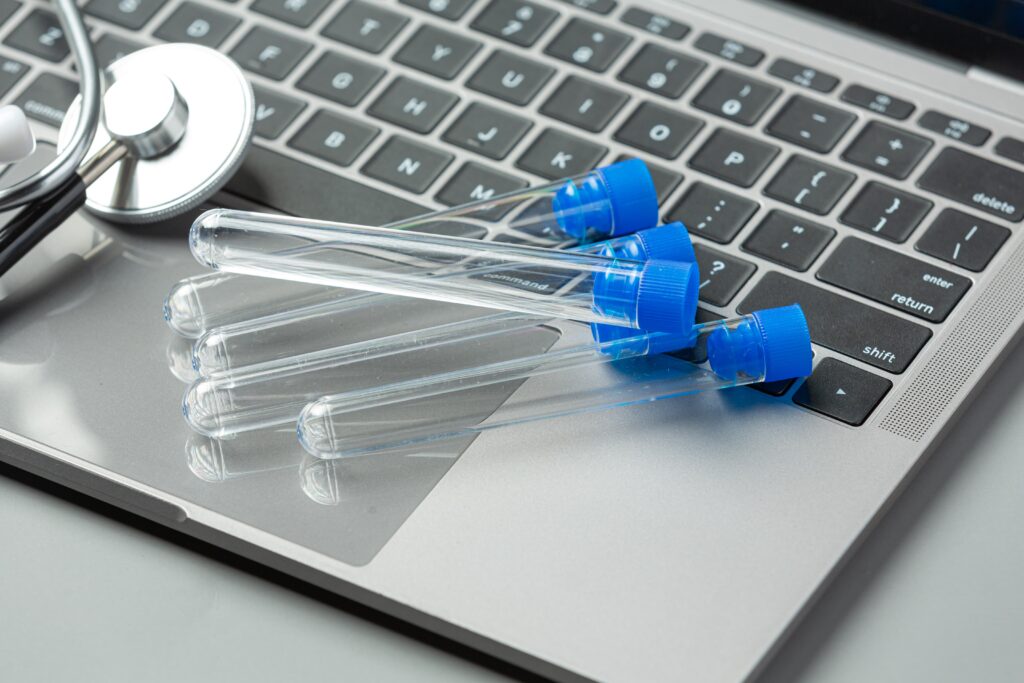AI-tissue collaboration could transform drug trials and precision medicine
A new AI-tissue platform could boost precision medicine by improving trial design and tailoring treatments to individual patients.

Researchers combine human tissue models with explainable AI to analyse patient data and identify treatments that work best for specific patients. First applied to inflammatory bowel disease, the approach could improve clinical trial success rates and accelerate drug discovery.
REPROCELL, IBM, and the STFC Hartree Centre have developed Pharmacology-AI, a platform uniting tissue models with machine learning. Delivered through the Hartree National Centre for Digital Innovation, it reduces costs, enhances trial design, and enables more targeted therapies.
Unlike tools that seek to replace human expertise, the platform acts as a decision-support system. It helps scientists detect patterns in complex datasets while keeping outputs interpretable for clinical trial use. Developers emphasised usability, ensuring non-technical staff can work with the system.
Human fresh tissue models play a central role, preserving biological complexity and simulating drug effects before trials. However, this generates reliable data that can be paired with AI to identify optimal patient profiles and reduce the risk of costly trial failures.
The project’s success suggests broad applications beyond IBD. With explainable AI and high-quality patient data, Pharmacology-AI could improve outcomes across multiple disease areas, making drug development faster, more efficient, and more precise.
Would you like to learn more about AI, tech, and digital diplomacy? If so, ask our Diplo chatbot!
